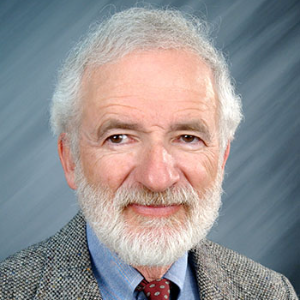HYBRID EVENT: You can participate in person at Boston, Massachusetts, USA or Virtually from your home or work.
Catalysis for Renewable Sources
Catalysis for Renewable Sources
Renewable energy is energy derived from renewable resources that are generally replenished on a human timescale, such as sunlight, wind, rain, tides, waves, and geothermal heat. Renewable energy sources are widely used to provide energy in four critical areas: electricity generation, air and water heating and cooling, transportation, and rural energy services. Rapid deployment of renewable energy and energy efficiency is resulting in major increases in energy security, mitigation of climate change, and economic benefits. Renewable energy source frameworks are becoming increasingly productive and cost-effective.
Committee Members

Arthur J Nozik
University of Colorado, United States
Stanislaw Dzwigaj
Sorbonne-Universite-CNRS, France
Haibo Ge
Texas Tech University, United States Catalysis 2023 Speakers

Ashanendu Mandal
University Of Calcutta, India
Victor Cerda
Sciware Systems, Spain
Tokeer Ahmad
Jamia Millia Islamia, India


Title : Application of metal Single-Site zeolite catalysts in catalysis
Stanislaw Dzwigaj, Sorbonne-Universite-CNRS, France
Title : Designing of nano-sized heterostructures for hydrogen production using overall water splitting
Tokeer Ahmad, Jamia Millia Islamia, India
Title : United Nations’ strategy responding to climate change
Dai Yeun Jeong, Asia Climate Change Education Center, Korea, Republic of
Title : Thermal and mechanical processes and reactions in reversible behavior of shape
Osman Adiguzel, Firat University, Turkey
Title : An innovative magnetic resonance spectroscopic method for catalysts’ activities
Mohamed A Morsy, King Fahd University of Petroleum & Minerals, Saudi Arabia
Title : Engineering stable, expressible, functional industrial enzymes with protein sequence likelihood models
Shawn Reeves, University Of Waterloo, Canada